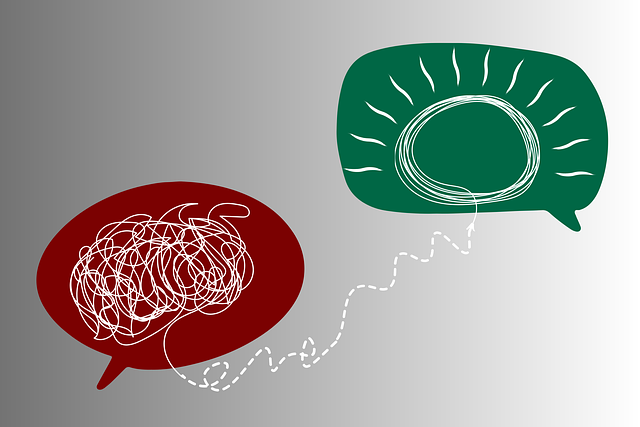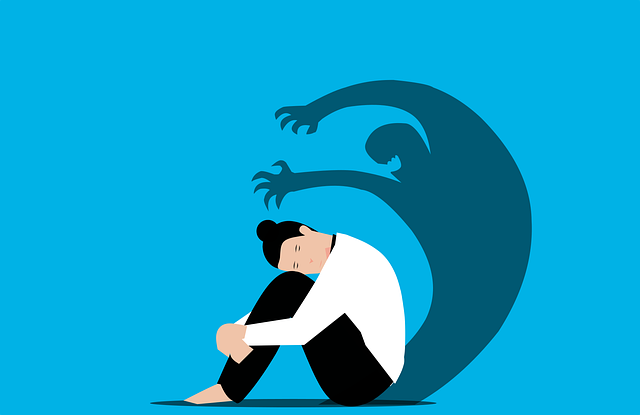Emotional disorders significantly impact daily life, making mental health counseling crucial. Therapists provide safe spaces and evidence-based techniques like CBT, DBT, and mindfulness to aid recovery. Choosing the right therapist involves researching specializations, reading profiles, and considering recommendations for a strong therapeutic bond. Local therapy options can be explored through primary care providers, online directories, and community resources. Various therapy types, including CBT, DBT, mindfulness, psychodynamic, and interpersonal therapies, offer tailored treatments. Preparing for sessions by reflecting on struggles and maintaining confidentiality enhances benefits. Building a strong alliance through trust, respect, active listening, and empathy is key to successful mental health counseling outcomes.
Struggling with emotional disorders can be challenging, but finding the right therapist is a crucial step towards recovery. This comprehensive guide explores the essential role therapists play in mental health counseling, offering valuable insights into various therapy types and treatment approaches. We’ll walk you through identifying suitable professionals, exploring local therapy options, and preparing for your first session. By understanding these aspects, you can take the first step towards managing and overcoming emotional disorders effectively.
Understanding Emotional Disorders: A Comprehensive Overview

Emotional disorders are a broad range of conditions that significantly impact an individual’s ability to manage and express their emotions, often leading to distressing symptoms and impaired daily functioning. These disorders can manifest in various forms, including anxiety, depression, bipolar disorder, post-traumatic stress disorder (PTSD), and many others. Understanding these conditions is the first step towards finding effective treatment.
Mental health counseling plays a pivotal role in addressing emotional disorders by providing a safe and supportive environment for individuals to explore and process their feelings. Therapists equipped with specialized training in various therapeutic approaches, such as cognitive-behavioral therapy (CBT), dialectical behavior therapy (DBT), or mindfulness-based interventions, can help clients gain insights into their emotions, develop coping strategies, and enhance overall well-being. This comprehensive approach ensures that individuals receive tailored support to navigate the complexities of their emotional challenges.
The Role of Therapists in Mental Health Counseling

Therapists play a pivotal role in mental health counseling, offering professional support and guidance to individuals facing emotional challenges. Their primary objective is to create a safe, non-judgmental space where clients can openly discuss their struggles and work towards healing. Through various therapeutic techniques, these experts help people navigate complex emotions, gain insights into their behaviors, and develop healthy coping mechanisms.
In the realm of mental health counseling, therapists employ evidence-based approaches tailored to individual needs. They facilitate self-reflection, encourage personal growth, and empower clients to take charge of their emotional well-being. By fostering a strong therapeutic alliance, they ensure that the counseling process is effective, enabling individuals to lead happier, more fulfilling lives.
Identifying Suitable Therapists for Your Needs

Identifying suitable therapists is a crucial step in your journey towards better mental health. When searching for therapists for emotional disorders nearby, consider what specific issues or conditions you’re seeking help for. Mental health counseling offers various specialized approaches, such as cognitive-behavioral therapy (CBT), mindfulness-based therapies, or psychodynamic therapy. Each has its benefits and is suited to different needs.
Start by researching local practices and reading therapist profiles to gauge their expertise and approach. Look for therapists who have experience with your particular concerns and who you feel comfortable communicating with. Consider recommendations from trusted sources like healthcare providers or friends who have had positive experiences. Ensuring a good fit in terms of both expertise and personality is key to establishing a successful therapeutic relationship.
Local Therapy Options: Where to Begin Your Search

When seeking therapists for emotional disorders nearby, the first step is to explore local therapy options. Start by reaching out to your primary care physician or asking for referrals from trusted friends and family members. Local clinics, community mental health centers, and non-profit organizations often offer affordable and accessible mental health counseling services. These resources can provide a strong foundation for your healing journey.
Utilize online directories and search engines optimized for finding local therapists. Look for platforms that allow filtering by specialization, insurance coverage, and user reviews to ensure you connect with the right professional for your needs. Remember, accessing quality mental health counseling is just a few clicks away, and taking the initiative to reach out is the most important step on the path to improved emotional well-being.
Types of Therapy and Treatment Approaches

In the realm of mental health counseling, a multitude of therapy types and treatment approaches are available to address various emotional disorders. From Cognitive Behavioral Therapy (CBT), which focuses on identifying and changing negative thought patterns and behaviors, to Dialectical Behavior Therapy (DBT), designed for individuals dealing with intense emotions and distressing situations, each method offers unique benefits. Additionally, approaches like Mindfulness-Based Therapies emphasize present-moment awareness and non-judgmental acceptance, helping clients manage anxiety and stress effectively.
Other popular techniques include Psychodynamic Therapy, which explores unconscious conflicts and past experiences, and Interpersonal Therapy (IPT), centered around improving communication skills and relationships. For severe cases or complex conditions, integrated approaches combining elements from multiple theories may be employed. These diverse treatment options cater to different needs, ensuring personalized care for those seeking therapists for emotional disorders nearby.
Preparing for Your First Session: Tips and Expectations

Preparing for your first session with a therapist can feel daunting, but being informed and prepared can ease anxiety and help you make the most of this important time. Mental health counseling is a collaborative process, so consider what you want to achieve from these sessions. Reflect on your emotional struggles, any specific triggers or concerns, and what kind of support you’re seeking. It’s helpful to write down your thoughts beforehand; this can give your therapist a clear understanding of your current state and allow for more targeted discussions.
On the day of your first session, ensure you choose a time when you can be fully present and undisturbed. Dress in comfortable clothing, as creating a relaxed atmosphere can foster openness during conversations. Remember, therapy is a safe space to express yourself honestly. Be prepared to share details about your life, feelings, and experiences but also set boundaries for what you feel comfortable discussing. Your therapist will guide the conversation while respecting your privacy and confidentiality.
Building a Therapeutic Alliance: Key Factors for Success

Building a strong therapeutic alliance is a cornerstone of successful mental health counseling. It involves establishing trust, mutual respect, and open communication between the therapist and client. This alliance serves as a safe space where clients can explore their emotions, thoughts, and behaviors without fear of judgment. Key factors contributing to this alliance include active listening, empathy, and genuine interest in the client’s well-being. Therapists must be non-judgmental, ensuring clients feel heard and understood, fostering an environment conducive to healing and growth.
Effective communication is another critical aspect. Therapists should encourage clients to express their feelings and concerns openly, while also sharing relevant insights from their training and experience. This collaborative approach allows for a shared understanding of the client’s challenges and goals, strengthening the therapeutic bond. By prioritizing these factors, therapists can create a supportive framework that enhances the effectiveness of mental health counseling, ultimately leading to better outcomes for clients.
